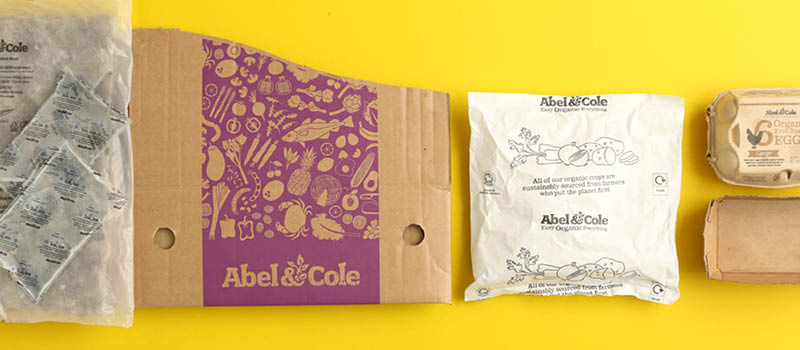Why We’re Moving Away From Compostable Plastics

It turns out that compostable plastic only breaks down under certain conditions. And unless your local waste collector has exactly the right kit, compostable plastic behaves a lot like regular plastic.
Not great. But you know what’s worse?
Not doing anything about it.
Which is why we’re rolling up our sleeves and taking action.
You’ll no longer find compostable plastics in our core Fruit & Veg Boxes. Instead, we've reviewed whether we need any packaging at all or replaced it with our new paper bags. For the rest of our range, we're working hard with all of our suppliers to completely remove it from our range by the end of 2023.
We’re also doubling down on reducing and reusing packaging by extending our Club Zero refillables range.
And we're collecting other hard to recycle flexi-plastics from customers through our Plastic Pick-Up scheme.
But we can’t fix this alone. If you’re a decision maker in the Food Industry, it’s time to act.
JOIN THE FIGHT AGAINST COMPOSTABLE PLASTIC POLLUTION
If you’re not sure it’s breaking down the way it should, it’s time to stop using it now.
UCL Big Compost Experiment – 24-month report, 2022
Compostable Plastics, UCL, 2020
A Guide for Product Manufacturers Intending to Use Biodegradable Packaging, UCL, 2020
Don’t Scrap the Waste: The Need for Broader System Boundaries in Bioplastic Food Packaging Life-Cycle Assessment - A Critical Review, Journal of Cleaner Production, 2020
Life Cycle Assessment of Recycling Options for Polylactic Acid, Resources, Conservation & Recycling, 2019
Effect of Paper vs. Bioplastic Bags on Food Waste Collection and Processing, Waste and Biomass Valorization, 2021
Life Cycle Assessment of Compostable Coffee Pods: A US University Based Case Study, Nature Research, 2020
Published October 2022


